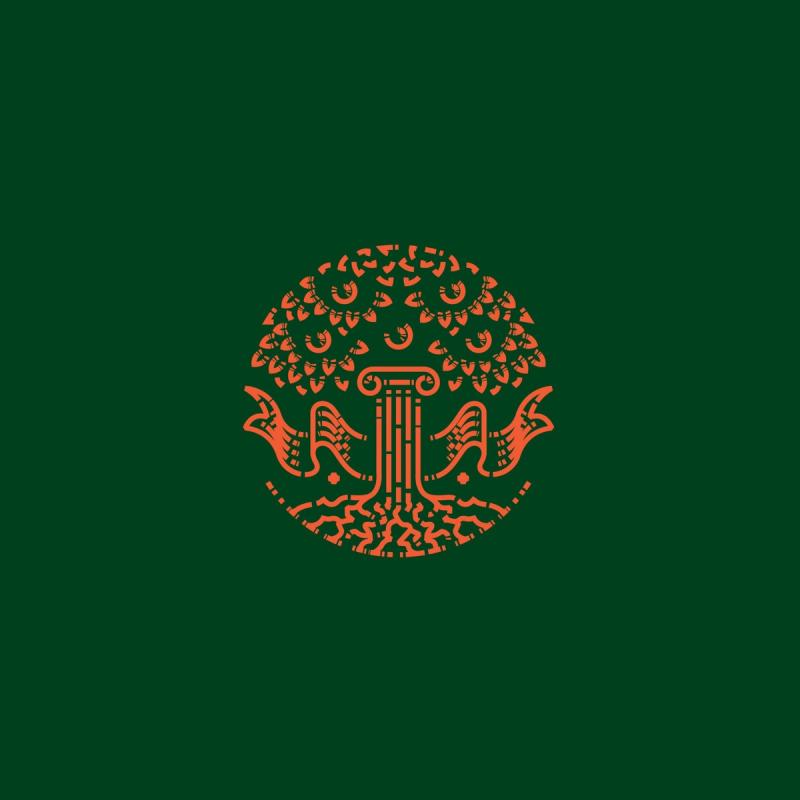One of the most significant benefits of the recent resurgence of interest in early modern Reformed theology has been the retrieval of theologians and their works once nearly forgotten. Yet, that retrieval has only begun. Among the mass of recently digitized early modern Reformed theology are works which, because they were written in Latin, never became as popular as they perhaps deserved to be. Indeed, the great 19th century Scottish theologian and historian William Cunningham would call John Davenant’s work on predestination, written in Latin, the best defense of the Calvinistic doctrine he had ever read; but you will search in vain for any mention of that work among 20th and 21st century popularizers of Calvinism. Why? Primarily because it is in Latin and nearly impossible to find in American libraries.
Although Davenant’s name has continued to pop-up throughout the past two or so centuries—not least because there was a large 19th century project to translate some of his Latin works (but not the work on predestination), making up the bulk of his corpus—many other significant early modern theologians have not been so lucky. One such theologian was the 17th century Huguenot Louis Le Blanc.
Le Blanc (1614–1675), unlike Davenant and other popular early modern Reformed theologians did not publish extensively. Yet his influence, especially in France, is unquestionable. Le Blanc taught theology at the Academy of Sedan in France from 1645–1675. Interestingly, he was involved in an intense back-and-forth on Reformed theology with the famous Port-Royal Jansenist theologian and philosopher Antoine Arnauld (1612-1694). Still, apart from some sermons, his only major theological work was a set of theological theses. These theological theses are worthy of some observations.
Published initially in London (of all places) in 1675, and because of their popularity republished and expanded with some additional unpublished material in 1683, Le Blanc’s theses had the title (anglicized): Theological Theses Given at Various Times at the Academy of Sedan and Proposed for Disputation. In surveying its contents, one can see that while he does (and presumably did as a professor of theology) touch on the various standard theological loci, most of the published theses revolve around polemical questions which divided Roman Catholics from Protestants. Many of the early theses deal with the nature of Scripture, especially in areas where Protestants disagreed with Roman Catholics. Perhaps most noteworthy are how many theses are dedicated to the doctrines of grace, free choice, predestination, and reprobation. Depending on how one counts, there are something like 20–25 different sets of theses on such issues. Indeed, he has 11 sets of theses explicitly mentioning human freedom in the title of the theses. The nature of justification and good works and how they relate to each other also occupies Le Blanc’s attention. More significant than even the content of the theses themselves, however, is his method.
Often, Le Blanc dedicates a set of theses each to summarizing the Reformed and Roman Catholic opinion before comparing them in a third set. Le Blanc’s method indicates what many of his contemporaries and later historians would observe, namely, his interest in identifying logomachy and discerning the true, substantial theological difference. William Cunningham explains Le Blanc’s modus operandi in this way:
Le Blanc had a great desire to reconcile the differences of contending sects and parties, and laboured to show that the points of difference among them, when calmly and deliberately examined, were not of great importance, and resolved many of them into mere logomachies. He applied this principle to some of the topics controverted between Protestants and Papists…
The Reformers and the Theology of the Reformation, 140
Le Blanc, unlike most of his contemporaries, attempted to show that there was much more agreement among the two theological camps than one might expect. To demonstrate this, he first surveys the diversity of positions within each of the ecclesiastical aisles. Then, he is able to show that there is at least some overlap among some of the theologians in each camp. In other words, he is a historical lumper; but only after he does the work of splitting. We can see this method at work in his discussion of predestination. Le Blanc surveys the writings of Roman Catholics and Reformed on their doctrine of predestination—its nature, cause(s), effects, etc. Then, he identifies areas of disagreement among the Roman Catholics and areas of disagreement among the Reformed. Finally, he concludes by saying that all the diversity on, say, whether predestination presupposes sin (i.e., the lapsarian question), can be found among both the Protestant and Roman Catholic positions. Le Blanc’s theological theses have been relegated to history not because they don’t provide us with an enormous survey of theological doctrine among both Protestants and Roman Catholics in the period, they do. Nor have these theses been forgotten because they do not seriously attempt ecumenical dialogue on important issues separating Protestants and Roman Catholics, they do. No—they are ignored because they are largely unknown and unread. This is a shame. No less than John Owen (Works, 5:67) himself claimed that Le Blanc’s attempt at reconciling the Protestant and Roman Catholic view of justification “for his perspicuity and plainness, his moderation and freedom from a contentious frame of spirit, is pene solus legi dignus [nearly the only person worthy to be read]. He is like the ghost of Tiresias in this matter.” Being the ghost of Tiresias, Le Blanc exhibits keen perception, presumably offering wisdom in how we might enter into dialogue with Roman Catholics on the doctrine of justification. Perhaps we should summon this ghost.
Dr. Michael Lynch teaches language and humanities at Delaware Valley Classical School in New Castle, DE. He is the author of John Davenant’s Hypothetical Universalism.



